Gerald A. Meehl - One Marines War: A Combat Interpreters Quest for Mercy in the Pacific
Here you can read online Gerald A. Meehl - One Marines War: A Combat Interpreters Quest for Mercy in the Pacific full text of the book (entire story) in english for free. Download pdf and epub, get meaning, cover and reviews about this ebook. year: 2012, publisher: Naval Institute Press, genre: Detective and thriller. Description of the work, (preface) as well as reviews are available. Best literature library LitArk.com created for fans of good reading and offers a wide selection of genres:
Romance novel
Science fiction
Adventure
Detective
Science
History
Home and family
Prose
Art
Politics
Computer
Non-fiction
Religion
Business
Children
Humor
Choose a favorite category and find really read worthwhile books. Enjoy immersion in the world of imagination, feel the emotions of the characters or learn something new for yourself, make an fascinating discovery.

- Book:One Marines War: A Combat Interpreters Quest for Mercy in the Pacific
- Author:
- Publisher:Naval Institute Press
- Genre:
- Year:2012
- Rating:5 / 5
- Favourites:Add to favourites
- Your mark:
One Marines War: A Combat Interpreters Quest for Mercy in the Pacific: summary, description and annotation
We offer to read an annotation, description, summary or preface (depends on what the author of the book "One Marines War: A Combat Interpreters Quest for Mercy in the Pacific" wrote himself). If you haven't found the necessary information about the book — write in the comments, we will try to find it.
One Marines War recounts the experiences of Robert Sheeks, a Marine combat interpreter, and how he underwent a remarkable transformation as a consequence of his encounters with the Imperial Japanese Army, Nisei Japanese-American language instructors, Japanese and Pacific Island native civilians, and American Marines. It is the first time the entire story of one Marine Corps combat interpreter has been told, and it provides a unique insight into an aspect of the Pacific war that is not only fascinating history, but also a compelling personal struggle to come to terms with a traumatic childhood and subsequent harrowing combat experiences.
The son of an American corporate executive, Bob was born and raised in Shanghai until the family fled the impending Japanese occupation in the 1930s. He was emotionally scarred by grisly atrocities he personally witnessed as the Japanese military terrorized the Chinese population during the Shanghai Incident in 1932. However, his intense hatred for the Japanese military was gradually transformed into tolerance and then compassion. He was recruited out of Harvard after the Pearl Harbor attack to be a Japanese language interpreter in the Marine Corps. When he encountered kind and considerate Japanese-American Nisei instructors during the intensive course at the U.S. Navy Japanese Language School at the University of Colorado, he began to re-think his attitudes toward the Japanese. Ultimately, through an intriguing set of circumstances, he developed an empathy for the Japanese enemy he formerly despised. This began during the invasion of Tarawa where he was frustrated by the near impossibility of capturing Japanese combatants, partly because there was no way to communicate with them in their bunkers where they fought to the death. That led him to devise methods to use a combination of surrender leaflets and amplified voice appeals to convince the enemy to surrender. As a consequence, he personally ended up saving the lives of hundreds of Japanese civilians and military by being able to talk them out of caves during combat on Saipan and Tinian in 1944. He was able to find humanity in the midst of war. For his efforts he was awarded the Bronze Star with a unique commendation, certainly one of the few medals ever given to a Marine officer for saving the lives of the enemy.
Gerald A. Meehl: author's other books
Who wrote One Marines War: A Combat Interpreters Quest for Mercy in the Pacific? Find out the surname, the name of the author of the book and a list of all author's works by series.

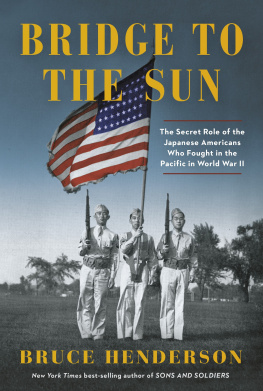
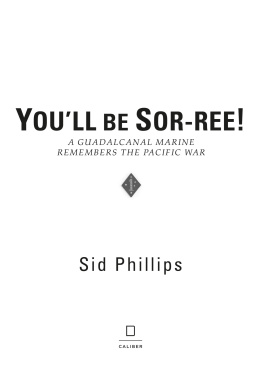
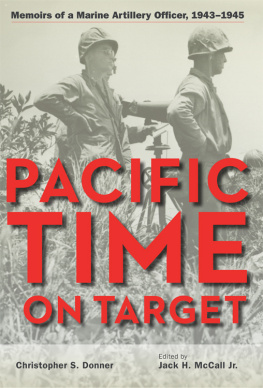
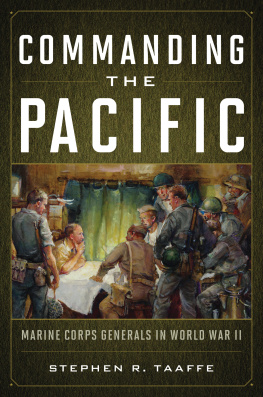
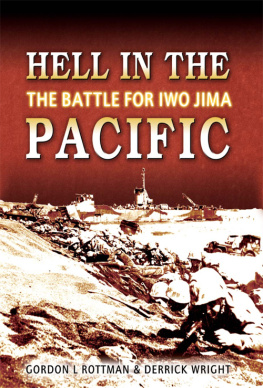

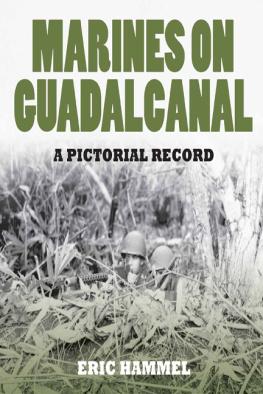
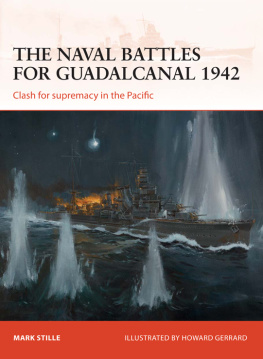
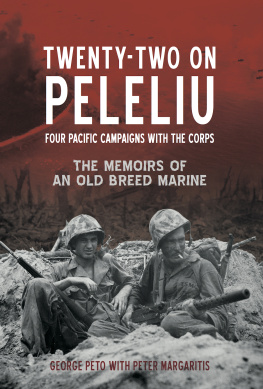

 This paper meets the requirements of ANSI/NISO z39.48-1992 (Permanence of Paper).
This paper meets the requirements of ANSI/NISO z39.48-1992 (Permanence of Paper).